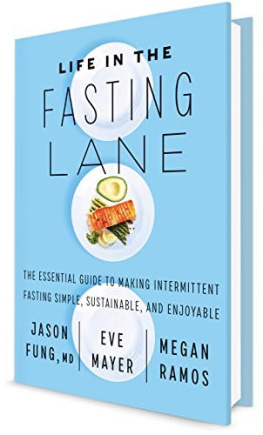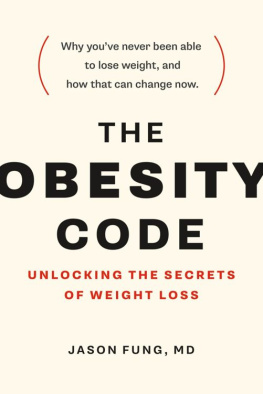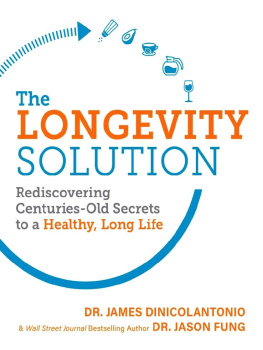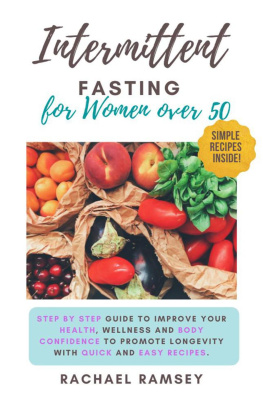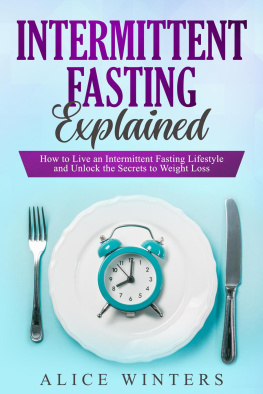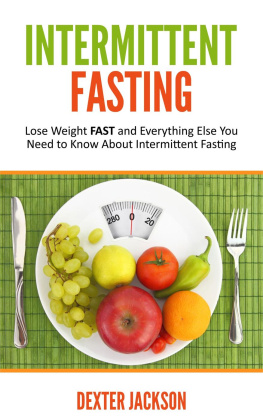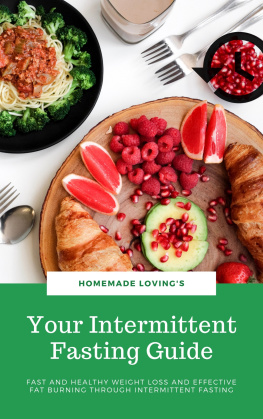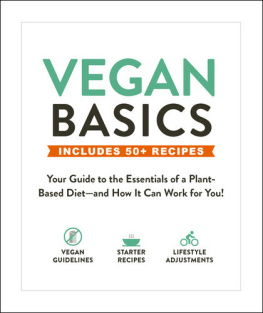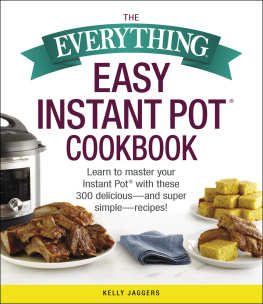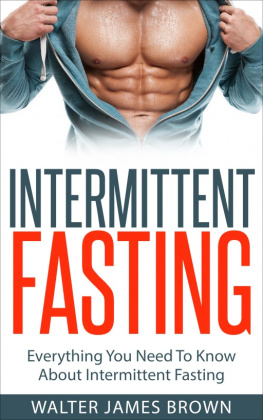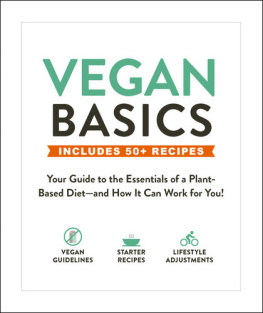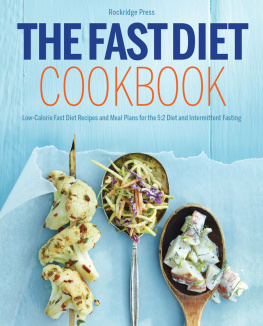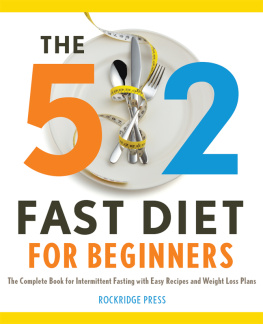Contents
Eve Mayer
I grew up in south Louisiana, where you dont eat to live. You live to eat! If Willy Wonka had set up shop in my hometown of Thibodaux, he would have specialized in crawfish, gumbo, boudin, and touffe instead of lollipops, jawbreakers, and gumdrops.
To top it off, my mom is one of the best cooks in the universe, and growing up in our family, we followed the saying Laissez les bons temps rouler , meaning, Let the good times roll. We celebrated absolutely everything, and those festivitiesshared with friends, family, and neighborscentered on food. Cake was love. Crawfish fettuccine was happiness. Fried beignets dusted with generous amounts of powdered sugar meant community.
When I was eight, my mom was diagnosed with a devastating chronic disease for which there was no known cure. For thirty-four years, I watched her fight for her life. She went to specialists all over the country, and she dealt with treatments and medicines that often made her feel even worse. Thankfully, in 2016when I was forty-two years oldshe finally conquered her disease. But until then I wasnt sure if the person at the center of my life would make it another year, and I adopted unhealthy behaviors to cope. I buried my feelings in food: hiding it, sneaking it, and gorging myself multiple times a day. I checked out of my life by letting my brain sail away on a high of waffles, fried chicken, Cajun sausage, and anything sugary I could find in the house. I devised my very own brand of carbohydrate-induced meditation, without the healthy benefits of mental peace.
Ive been fat my entire adult life, and at my peak I swelled to a size 26 at three hundred pounds. Every diet plan I tried worked for a short while, but because I always felt hungry, Id give in, break my diet, and gain back more weight than I had lost. Like many of you who are in a similar boat, Ive frequently felt like a failure. Ive been ashamed at the doctors office, at the pool, and in the plus-size store. Ive felt embarrassed at the gym, at restaurants, and at family reunions.
In 2018, I decided to try to lose weight again, this time by following a low-carb, high-fat diet. I secretly assumed this diet would fail, too, but, after a month, something felt different. I wasnt hungry every moment like I had always been. After a few months, Id lost about thirty pounds, but then I started to stagnate. Worried that the weight would pile back on like it always had, I asked for advice from my friend Dr. Suzanne Slonim. She suggested I buy The Obesity Code by Dr. Jason Fung.
When I started to read Dr. Fungs book, I was on a plane, buckled in for a four-hour flight. Within minutes, I could not put it down. The Obesity Code validated my low-carb, high-fat approach to eating, but then Dr. Fung suggested something I hadnt expected. He recommended that people who struggle with their weight benefit from practicing fasting.
What? I had never missed more than one meal in my life unless I was under some sort of medical direction to do so! But the studies Dr. Fung cited in his book made sense to me, and so I decided to give fasting a try. That decision changed my life. I began to lose weight again, I felt healthier than Id ever been, and my body began to change in ways I never could have imagined. Best of all, the constant hunger messages flooding my brain stopped for good.
Thats right. I wasnt starving all the time. And when I did feel hungry, it didnt really bother me. I had been worried that Id pass out if I skipped more than two meals, but I didnt. I thought fasting would make me tired and give me brain fog, but it didnt. I thought not eating would slow down my metabolism, but the opposite happened. I felt like a new woman.
I began to question everything Id ever learned about losing weight and improving my health, and then I got furious. Where had this information been all my life, and why was I just hearing about it now, after Id been through so much ?
I reached out to Dr. Fung, and when we spoke, I knew Id found a brilliant, kind soul willing to collaborate with me. He also introduced me to his health educator, Megan Ramos, and I felt a connection with her as soon as she explained her own struggles with weight and a host of other medical conditions. Within a month, we formed a plan, and the book you hold in your hands is the product.
In Life in the Fasting Lane , we want to empower you to approach weight loss and health in a whole new way. Maybe youve Googled fasting, discussed it with a friend, seen it on the news, or heard one person say it was amazingand then another claim that it will cause you to starve to death. It seems that the opinions on fasting are as numerous as the stars in the sky, and much of the information can be so complicated and overwhelming that it makes you want to give up before you begin. You may be under the impression that fasting is only for those struggling with obesity, like I was. Its not; fasting can help you lose five or ten poundsor more or less, depending on your goals. Maybe you need an approach to eating that goes beyond weight loss. Can fasting help sharpen your mind and reduce your risk of cancer? It sure can. Are you desperate to improve your polycystic ovary syndrome, type 2 diabetes, fatty liver, heart disease, and more? Fasting can help.
You need a friend who will tell you the absolute unfiltered truth about fasting, and, in this book, you have three: a veteran of the diet wars (me), a top fasting researcher who has endured her own health struggles (Megan Ramos), and a pioneering doctor (Dr. Jason Fung). Together, we have been there and done that, and we can give you answers about fasting without the sugar coating.
This book is more than just a step-by-step fasting plan. At its core its a lifestyle guide that will help you prepare yourself, your kitchen, and your family for your new eating routine, as well as troubleshoot common concerns surrounding fasting, like how to deal with holidays and vacations, and how to handle any unexpected side effects. Ill spell out exactly how to prepare your mind to fast, help you find your fasting lane, and give you a plan for sustaining the new, healthier you. Ill tell you exactly why you do not deserve the blame for your weight gain and why this time it will be different. Ill hold your hand on this new, exciting journey, and, when its all done, well celebrate your success.
You have questions, and the three of us have answers. The doctor, the layperson, and the researcher: this is the team you need on your side. Weve got your back, so lets go!
Megan Ramos
N early a decade ago, I suffered from polycystic ovary syndrome (PCOS), nonalcoholic fatty liver disease (NAFLD), and type 2 diabetes. I was also overweight. Today, I am disease-free, Ive lost more than eighty pounds, and Im living out my good health through my career. Im a clinical researcher who focuses on preventive medicine, and I educate people about how fasting and proper nutrition can help them lose weight and improve their overall health.
For the first twenty-seven years of my life, I ate whatever I wanted and didnt gain an ounce. I was that obnoxious girl walking around in size 0 jeans with a soda in one hand and a bag of chips in the other, and in one of my high school yearbooks, my best friend wrote, I hate you because you can eat all the chicken nuggets and fries you want, and still seem to lose weight. While I was definitely skinny, I wasnt healthyin my mind or in my body. In fact, I was constantly fooling myself, thinking that weight was an indicator of physical well-being. But evidence of the real truth lay in the diseases that had caught up with me in middle school.
When I was twelve years old, I was diagnosed with nonalcoholic fatty liver disease, a condition in which excess fat builds up in liver cells. Then, when I was fourteen, I found out I had PCOS, a disorder characterized by cysts throughout the ovaries that leads to irregular or absent ovulation. I was so thin that my doctors didnt advise me to change my diet, but instead assumed that I would grow out of these conditions. They were wrong. Nothing got better with time. I got worse as I continued down an unhealthy path, stuffing myself with junk food without understanding the consequences. Was I using food to cope, like Eve did? Possibly. After all, my beloved mother was sick, too.
Next page
